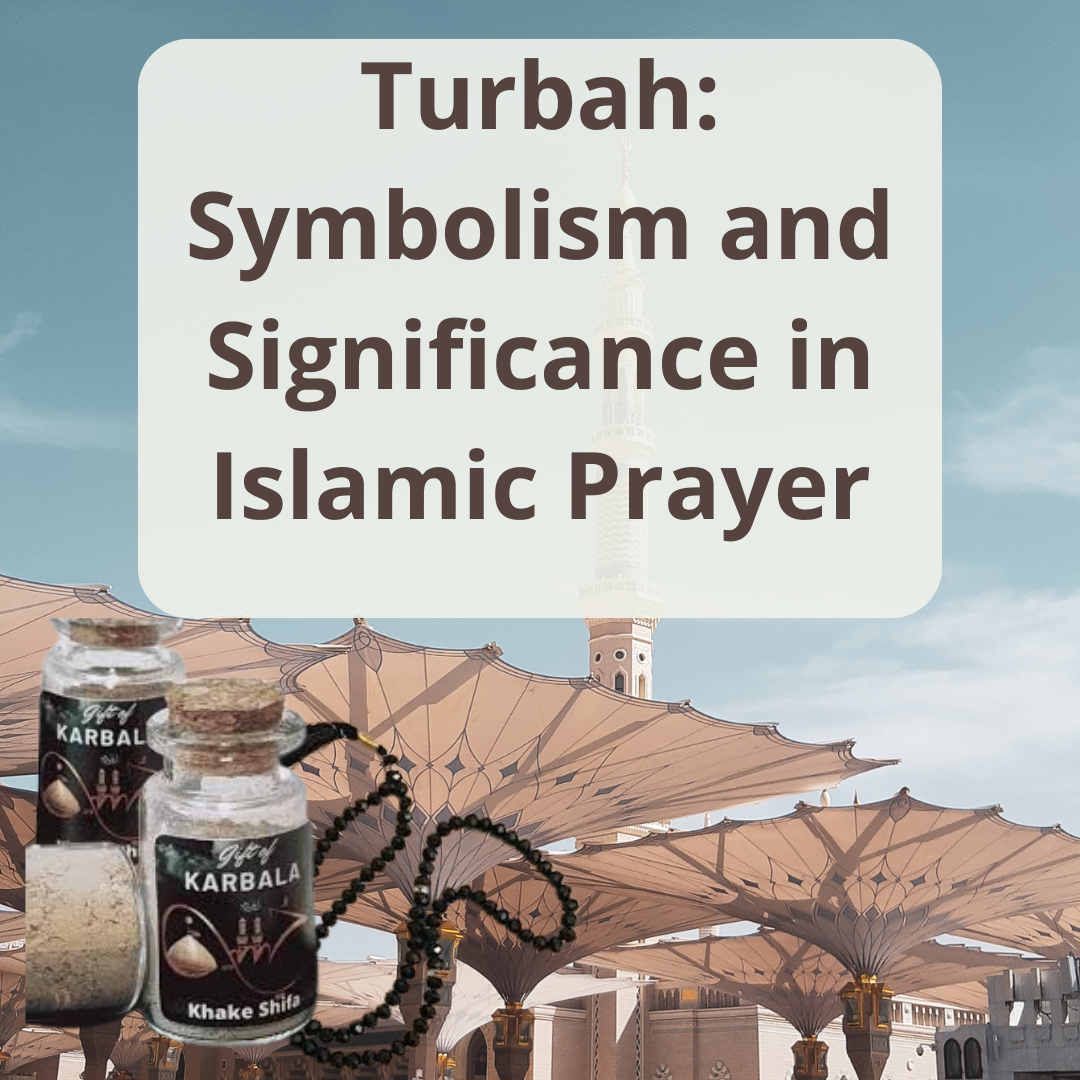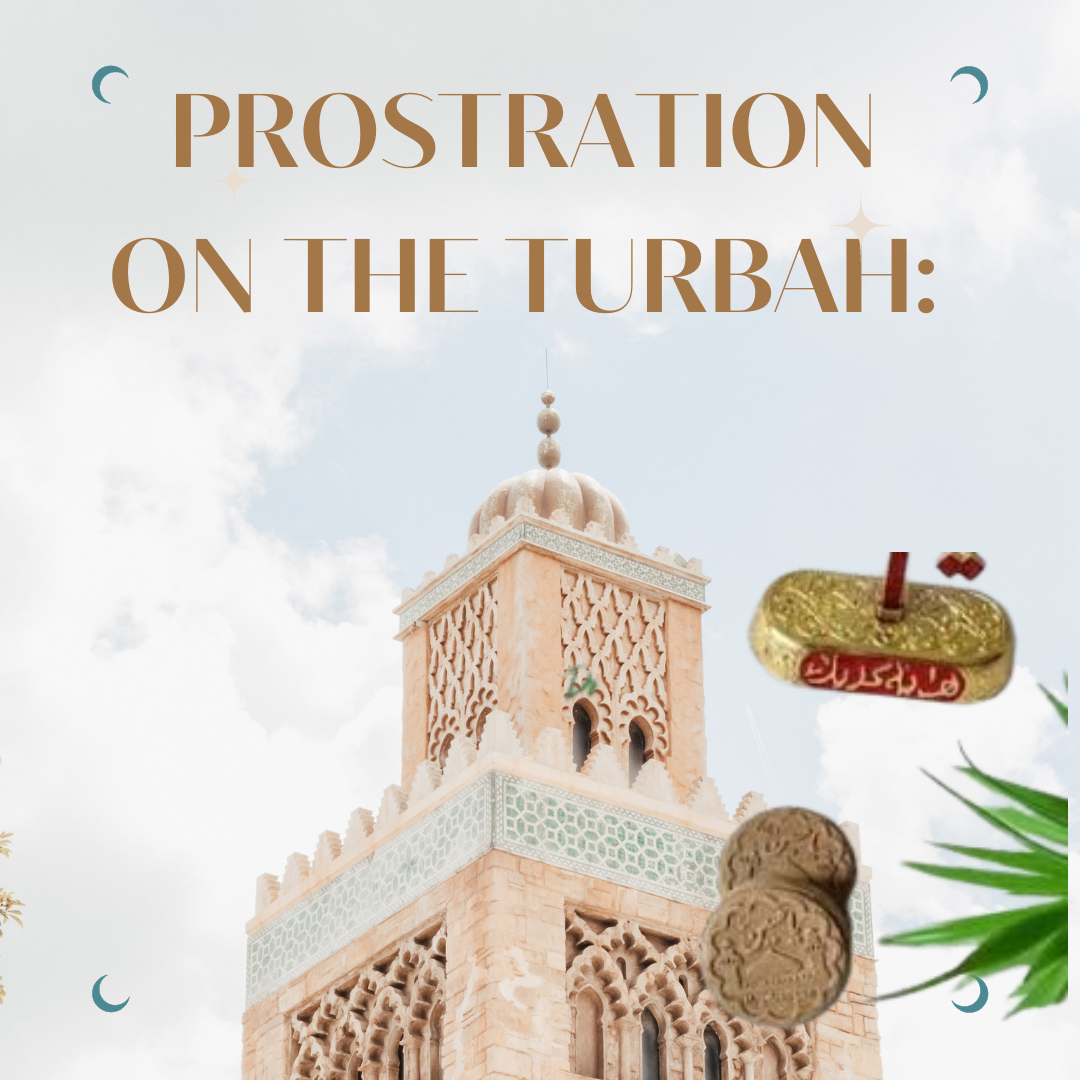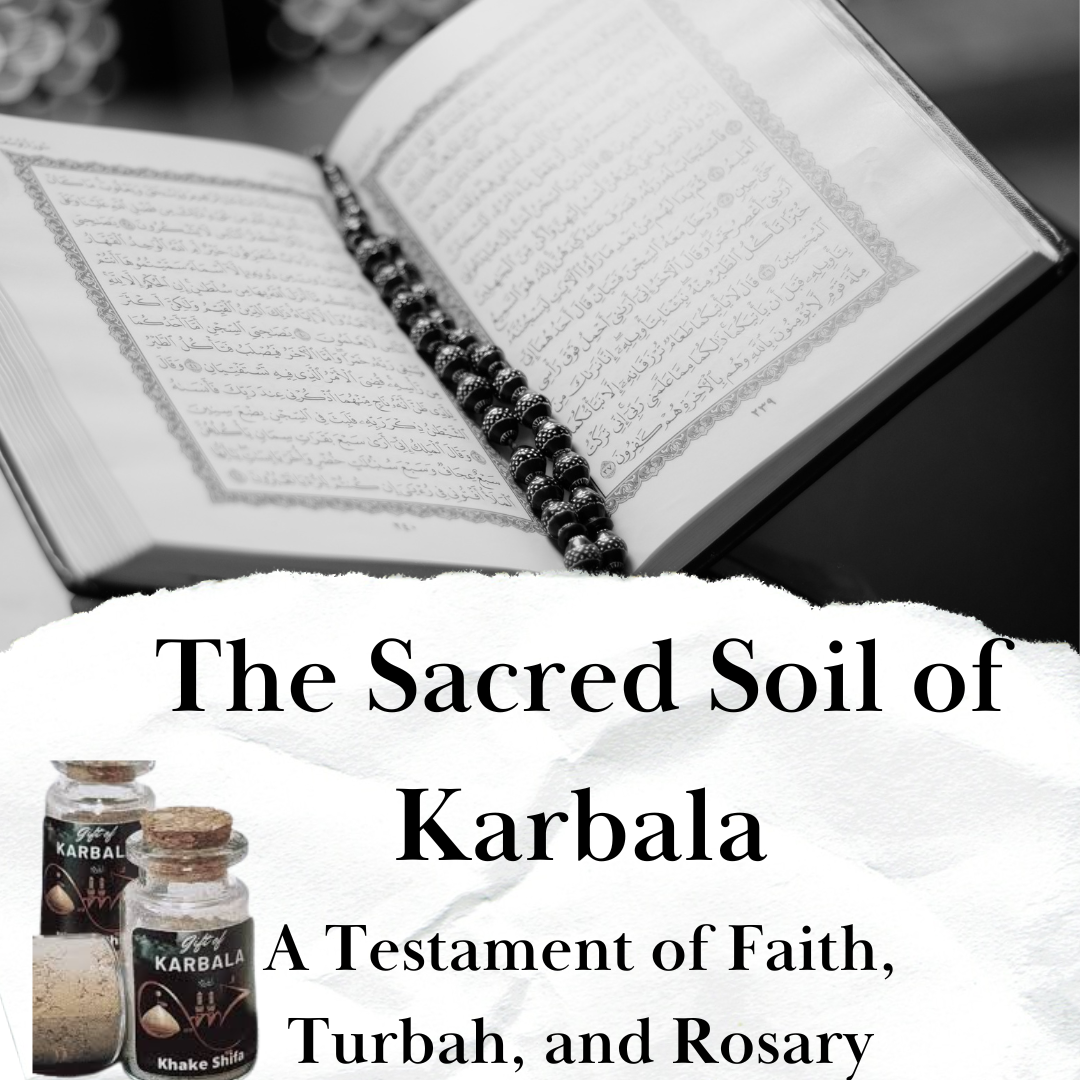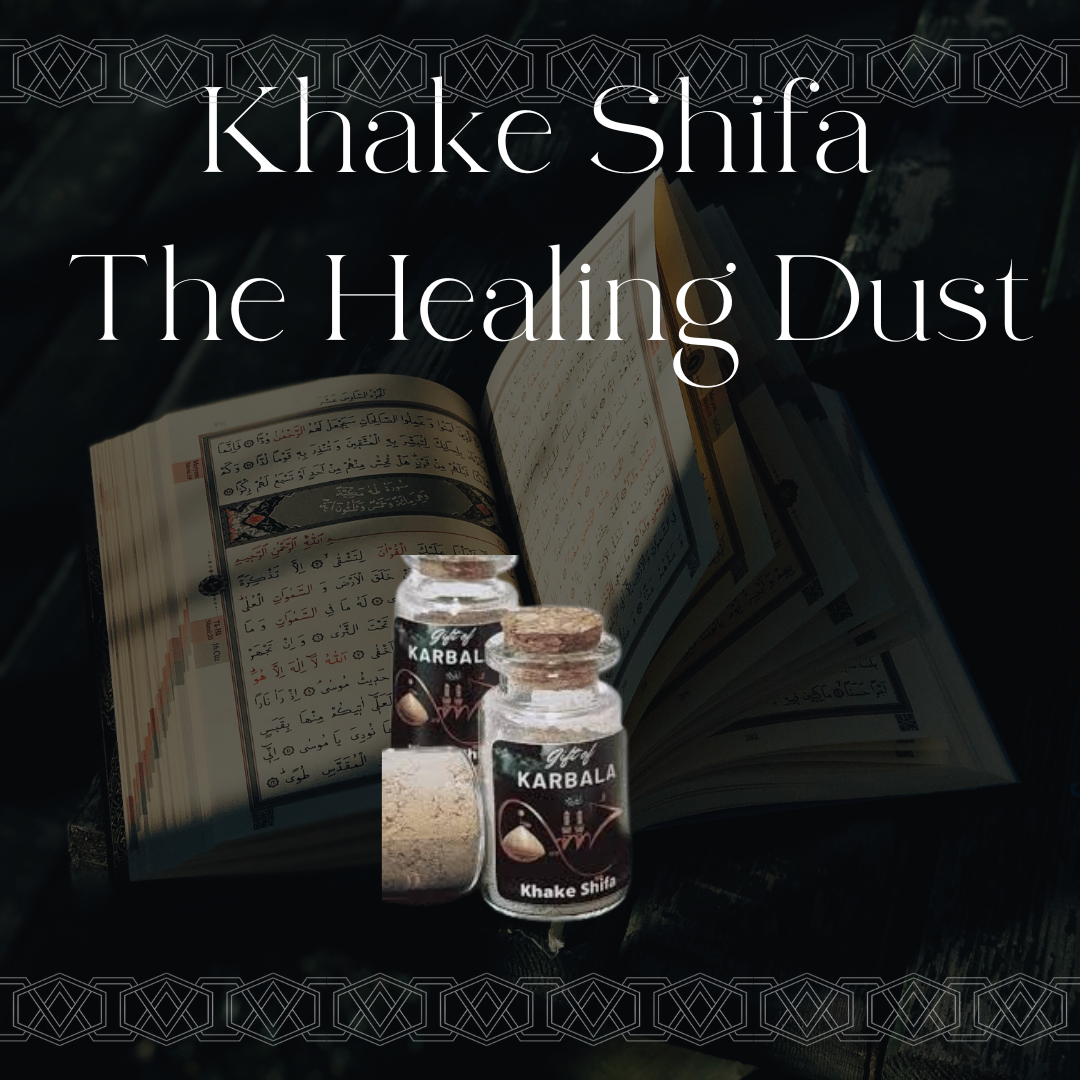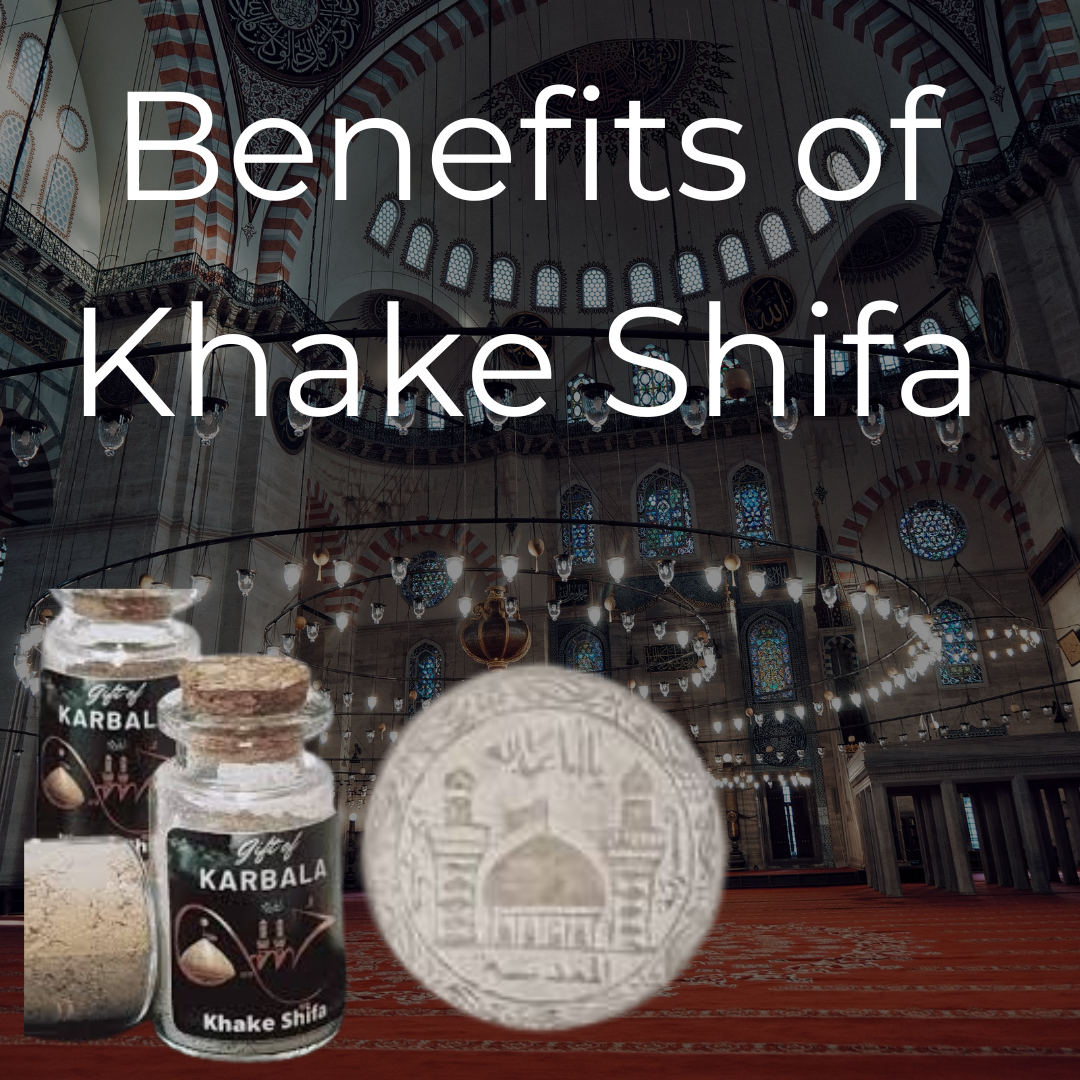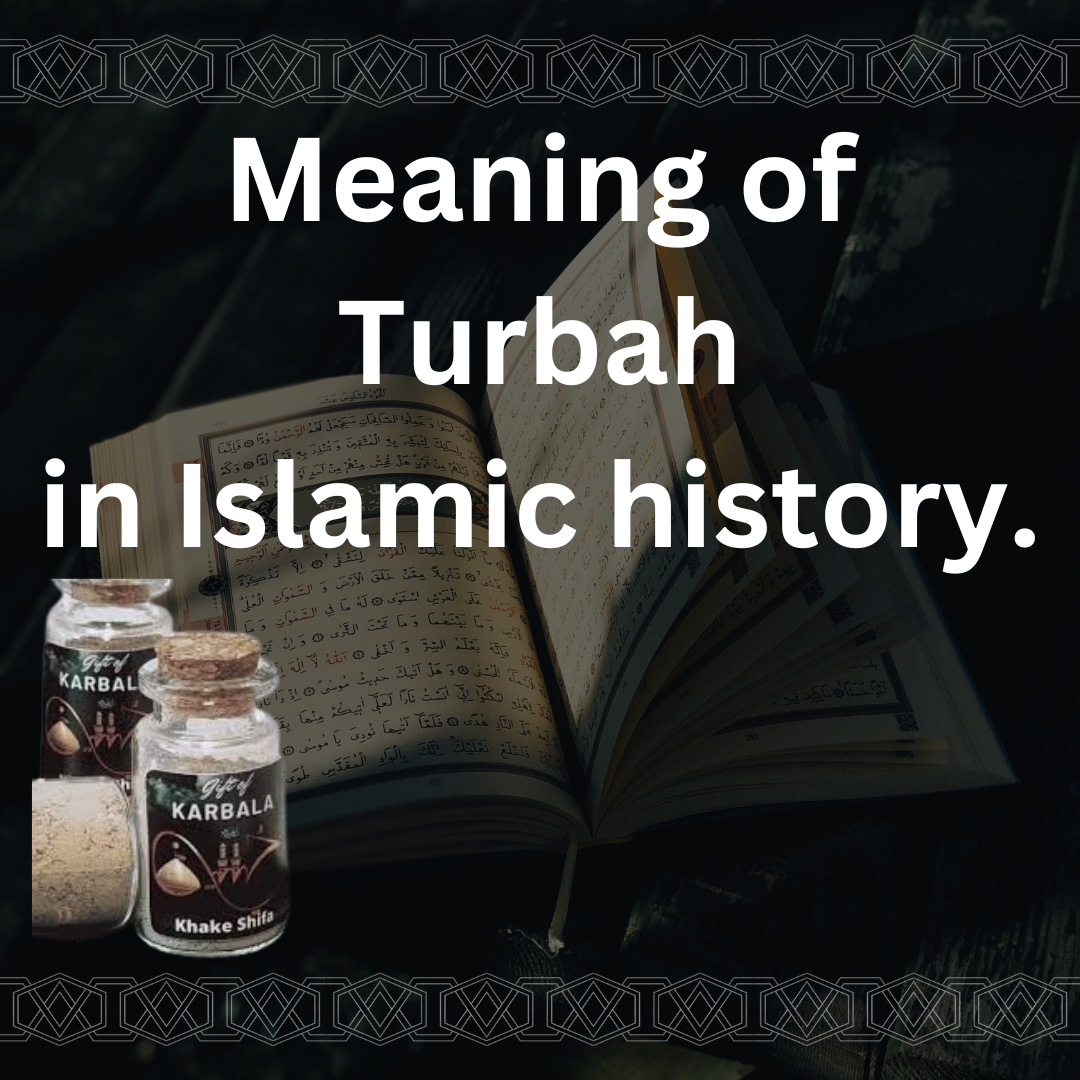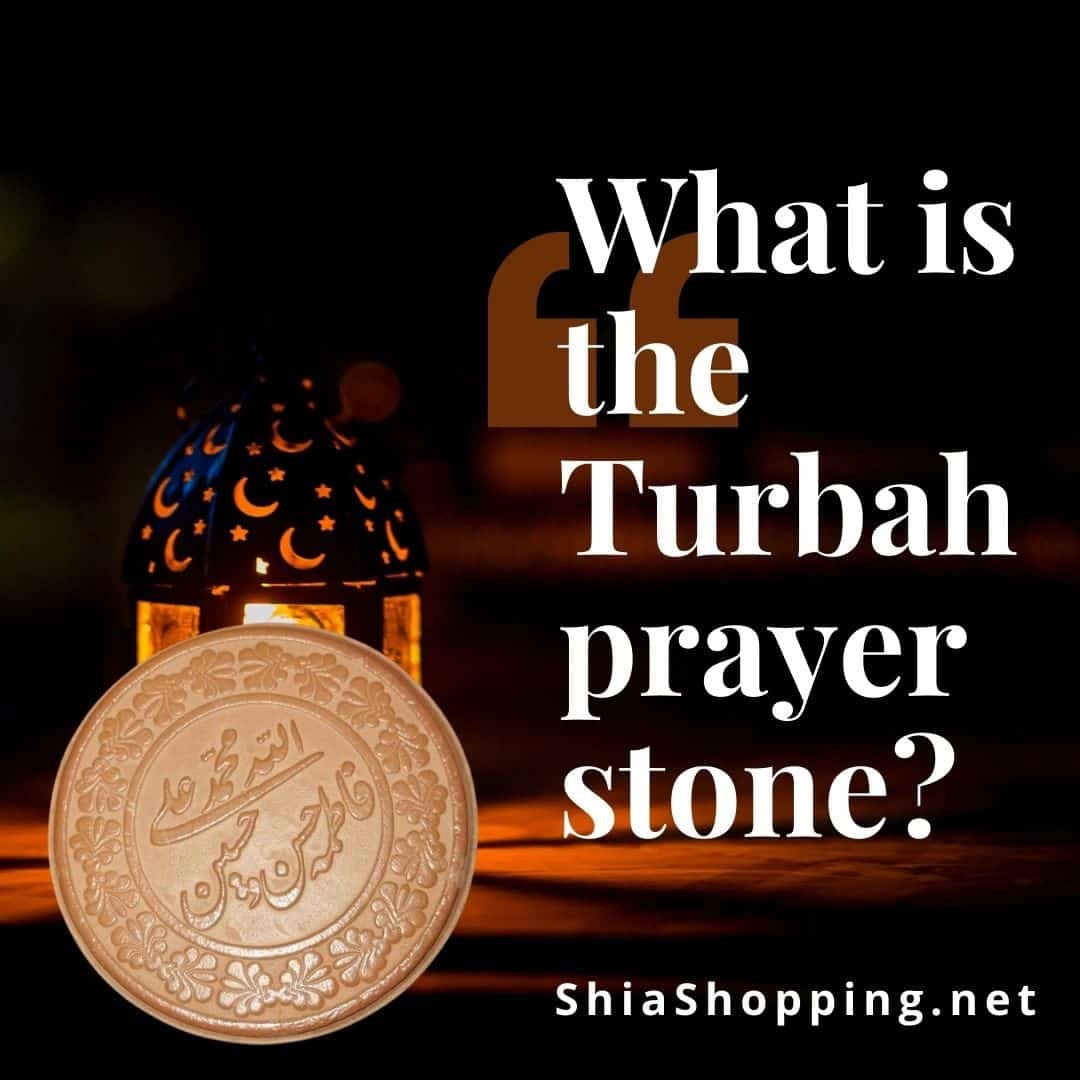Eating turbah is prohibited in Islam due to several reasons. Firstly, there is no religious justification or precedent for consuming earth or clay as a form of worship. Additionally, ingesting impure substances contradicts Islamic principles of cleanliness and purity. Furthermore, health considerations highlight potential risks associated with consuming turbah. Therefore, Muslims are advised to adhere to the teachings of Islam and refrain from any practices that lack religious legitimacy.



